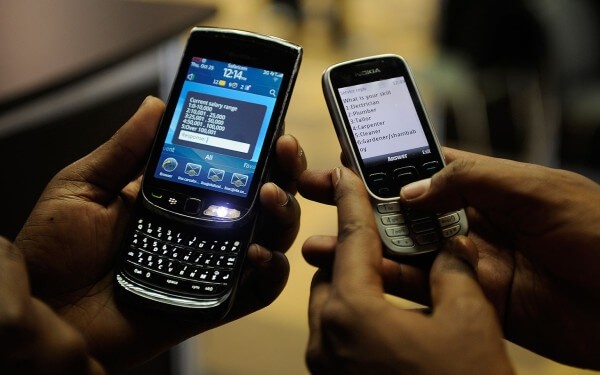
There is no denying the fact that the current state of GSM service in Nigeria is irritating, embarrassing, degrading and unacceptable. It is very disheartening that the most populous African country is the one suffering from virtually everything that ought to be delivered to us without much stress. January 19th this year marked exactly 15 years that Nigeria embraced the Global System for Mobile Communication (GSM). Its entry has changed the face of telecoms landscape in Africa and made Nigeria competitive. Its adoption is expected to serve as a viable alternative to the then analog Nigerian Telecommunications Limited (NITEL) system.
Also, during its launching in 2001, the core objective is to provide effective telecommunication services that will support good speech quality, roaming, spectral efficiency, minimized crosstalk, etc. The deployment of GSM system into Nigerian market was universally embraced and found to be relatively efficient at the inception. With time, operators in the industry experienced an unprecedented growth in customer base, which later incapacitated the networks to function efficiently. Although, this explosive growth has brought huge revenue to both the operators and government through tax and licence fees, but the question is, has the growth in customers’ patronage really guaranteed expected satisfaction of the customers? Why do we pay for such GSM services and never receive value for our hard-earned money? This can only be possible in a country where there is no active regulatory body.
The problems experienced by users include dropped and failed calls; network interruption; network congestion; failed attempts to load recharge payments and inability to change tariff plans. Others are inability to activate the service offered, inability to send or receive SMS, unsolicited messages/calls without an option to opt out, and calls misdirected to unintended numbers, among others. In spite of these challenges, GSM operators continue to attract more subscribers to their networks through all manner of promotions, without simultaneously expanding their network capacity. Many unsatisfied subscribers who have tried to report the problems to their service providers report that it is nearly impossible to get through on the busy telephone lines provided, and that they are constantly put on hold. Some say their inquiries go unanswered for days. Consequently, most Nigerians are compelled to own more than one mobile phone with SIM cards from different operators.
Advertisement
According to a Telecommunications Poll Report by NOIPolls Limited of November 2014, a high proportion of Nigerians use two mobile phone connections. It is abundantly clear now that the various organizations responsible for GSM operations are just in Nigeria to dupe Nigerians. In other words, the Quality of Service (QoS) no longer exists. This is not the best in our great country, Nigeria. The law mandates the Nigerian Communications Commission (NCC) to promote the provision of a modern, universal, efficient, reliable, affordable and easily accessible communications service. Sections 4 (1b-d) and 104 of the Nigerian Communication Act give telecoms subscribers a right to high quality service and value for money.
Similarly, section 2 of the Consumer Protection Council Act, LFN 2004, and Regulations 2 (a-c), 3 and 8 of Quality of Service Regulations 2012 made by NCC emphasise the same rights of telecoms subscribers. Operators have consistently blamed the poor state of infrastructure in Nigeria for the bad call quality and unreliable connection. Yet, the huge amount of money generated by them is more than enough to improve their service provisions for their highly expectant subscribers. However, the NCC should wake up urgently and play its basic and mandatory functions for the benefit of all Nigerians. Consumers are generally worried with the quality of service they receive. The NCC should, therefore, compel the operators to improve on their services or face some serious sanctions. Just like the water poured on a tortoise’s shell, which has no effect on its real.


